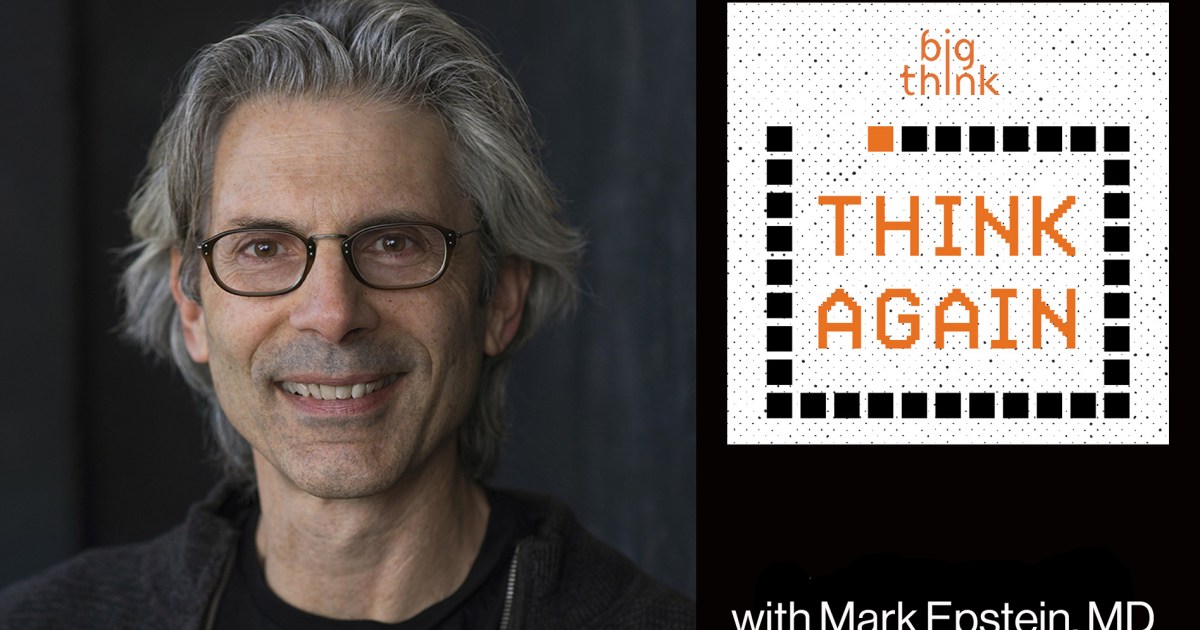The most important events in our lives, from falling in love
to giving birth to facing death, all require the ego to let go."
― Mark Epstein, Advice Not Given
“When you get out of the driver’s seat,
you find that life can drive itself,
that actually life has always been driving itself.”
― Adyashanti, The End of Your World
Humans have long been fascinated with understanding the nature of self, which has been explored by philosophers, spiritual traditions and scientists. Buddhism and neuroscience converge on the concept of the illusion of self, which opens a gateway to Transpersonal Psychology - a field that interweaves spiritual exploration with scientific observation. This article delves into the intersection of these disciplines, revealing the profound wisdom they offer on the dynamic and interconnected nature of human consciousness.
In Buddhism, the concept of "no self" stands as a fundamental tenet, challenging the belief in a permanent and independent self. Our perception of selfhood is an illusion, as the self emerges from ever-changing mental and physical elements. By embracing this truth, practitioners can journey towards enlightenment and interconnectedness.
Neuroscience researchers strive to understand the brain's intricate mechanisms shaping our sense of self. Our perception of a solid and independent self is a creation of complex neural processes and cognitive mechanisms. The brain weaves together sensory information, memories, and self-referential thoughts, forming an illusion of a coherent self.
Transpersonal Psychology unites Buddhism's spiritual wisdom with neuroscience's scientific revelations. It acknowledges the potential for self-transcendence and spiritual growth, exploring consciousness beyond individual ego. It draws from Buddhism's "no self" concept to emphasize that our experience of self extends beyond individuality, exploring altered states of consciousness and mystical experiences that propel us towards a profound sense of interconnectedness with all beings and the universe.
The intersection of Buddhist philosophy, neuroscience, and Transpersonal Psychology reveals the interconnected nature of self and existence. Embracing these insights, individuals can journey towards a deeper understanding of the self, transcending the illusion of separateness, and awakening to the expansive interconnectedness of all life. In this journey, ancient wisdom and modern science illuminate the path to self-discovery and profound realization.
More info:
What is consciousness?
What is consciousness? Michael S. A. Graziano, TEDTalks Feb 11, 2019 Explore the theories of human consciousness and the science of how your brain works to create a conscious experience.
forum.psychlinks.ca
The Curse of the Self
I just read the August issue of Psychology Today. Its article "Get Over Yourself!" is an excerpt from the new book "The Curse of the Self." The premise of The Curse of the Self: Self-Awareness, Egotism, and the Quality of Human Life is nothing new: Self-awareness is a double-edged sword...
forum.psychlinks.ca
The Illusions of Self-Consciousness
Scientists Say Your "Mind" Isn't Confined to Your Brain, or Even Your Body Our mind cannot be confined to what’s inside our skull, or even our body, according to a definition first put forward by Dan Siegel, a professor of psychiatry at UCLA...
forum.psychlinks.ca


Mark Epstein, MD – I, Me, Mine – Think Again - a Big Think Podcast #130
While the unchecked ego might be popular at parties, it can get us into all kinds of trouble. Mark Epstein, MD combines psychotherapy and Buddhism to help people live with the self.

The Imaginary Me
In this definitive talk on the illusion of self, we learn how it is possible to have a strong realization that there is no self and yet still fall prey to the momentum of an imaginary me. This talk...
